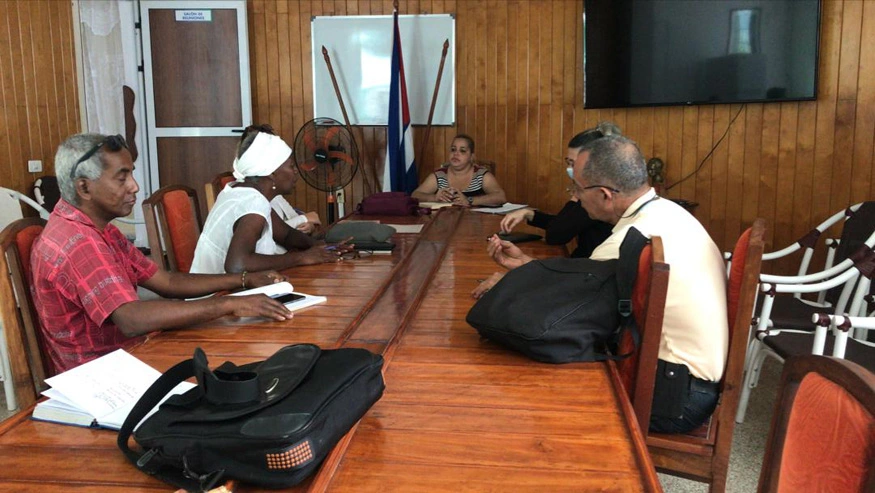The Demographic Observatory of the province of Holguín develops different quantitative and qualitative studies of the demographic variables of the territory to contribute to the correct decision-making by local governments on important issues for social well-being.
Demography is a social science, it studies the human population in a comparative and quantitative way, the statics instructs population problems such as its structural characteristics, the territory and its dimension at a certain and defined moment.
On the other hand, dynamic demography studies the evolution of the human population, considering aspects such as age, sex, birth rate, fertility, family, education, divorce rate, mortality rate, work and migrations.
Ismaray Sabugo Pupo, coordinator of the Observatory, comments that with the objective of carrying out more precise investigations and contributing to government decision-making, they plan to establish the theoretical and methodological bases of the Observatory, in addition to agreeing on concepts from science and with the particularities of Holguín such as the of “vulnerable neighborhoods”.
They are also working on the creation of a repository of sociodemographic research that contributes as reference material and a source of future research to interconnect all the variables of studies that are distanced when they are handled by different organizations and study centers.
The Holguín Demographic Observatory was the first of its kind created in the country thanks to the joint interest of specialists from the Citma delegation and the Center for Demographic Studies of the University of Havana, and later legislated in the ministerial resolution of April 20 of 2020 that establishes the creation of observatories in all provinces.
Made up of academics from the University of Holguín, specialists from Citma and other institutions, the observatory monitors fertility, mortality and migration indicators within population dynamics, in addition to carrying out sociodemographic research that analyzes various variables.
The data handled by this group of specialists through their studies are relevant when making government decisions on issues such as population aging, labor investment, birth rate and others that directly affect the economic and social development of the province; therefore it is essential that they be taken into account and not remain filed in some drawer.
The observatory constitutes an effective instrument when it comes to the sociodemographic study of Holguín, a truthful way of knowing its people, their strengths and vulnerabilities; Strengthening their work, their institutional framework and counting on them as guarantors in decision-making must be a task of the first order.
- Holguin workers parade on May Day celebration - 1 de May de 2024
- Jibarama 2024 Environmental Film Festival begins in Gibara - 24 de April de 2024
- Holguin says stop genocide in Palestine (+Photos) - 2 de March de 2024

